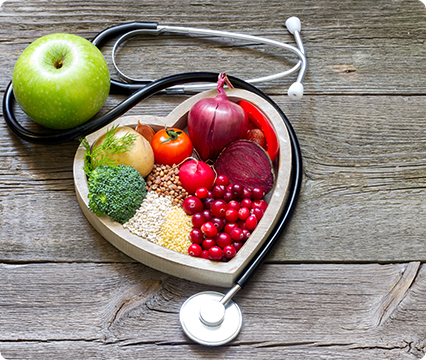The Antioxidant power of a diet may improve the quality of life of young women with acne vulgaris
Acne vulgaris (AV) significantly diminishes the quality of life (QoL) among young individuals, underscoring the importance of identifying factors that can enhance their QoL. This study by Zujko-Kowalska et al. (2024) aimed to evaluate the association between dietary antioxidants, measured using the novel DAQI index, and QoL assessed through standardized tests. The DAQI included minerals, antioxidant vitamins, carotenoids, polyphenols, lignans, phytosterols, and the overall antioxidant capacity of the diet. The research involved 165 young women, primarily comprising students, all diagnosed with AV. Basic demographic data, anthropometric measurements, and lifestyle information were gathered through self-report surveys. Participants submitted a three-day food diary collecting data on dietary energy value and the content of minerals, antioxidant vitamins, and carotenoids, which were analyzed using the Diet 6.0 program. The antioxidant capacity of the diet, along with the levels of polyphenols, lignans, phytosterols, and selenium, were computed using data on individual food intake and existing databases. Findings indicated impaired QoL among young women with AV, but greater adherence to an antioxidant-rich diet was associated with a reduced risk of AV negatively impacting QoL by approximately 30–32%, as well as a 33% decrease in the risk of depression. The authors conclude that the DAQI presents a promising new metric for assessing diet quality in acne vulgaris cases. [NPID: Dietary antioxidants, acne vulgaris, quality of life]
Year: 2024

 Navigation
Navigation






